Foreign Ministry’s Strategic Council on Foreign Relations held a meeting on Monday in Tehran with a group of university professors and academics to examine the JCPOA and Iran’s commitments in line with the recommendations of the Leader of the Islamic Republic of Iran.
Seyed Kamal Kharrazi, former foreign minister and the head of the Council told the meeting that the university professors should provide the Council with a roadmap for the future through careful examination of the procedure where the JCPOA was reached.
Kharrazi divided Iran’s nuclear program into two stages of ‘assaying’ of the Reformist government and ‘resistance’ by the previous government; “after these two stages, with technical achievements along with Islamic Republic’s successful foreign policy in the region, we went to negotiate, hitting ultimately the JCPOA; this is historic and significant,” he said.
“It is the nature of the negotiation to give and take; we should focus on the sublime objectives and the direction leading to these objectives; in doing so, disproportionate optimism or extreme pessimism would not be good positions toward the deal; instead, we should have the Leader’s support and the nation’s repertoire of the elites and academicians in facing these challenges ahead,” Kharrazi asserted.
The next speaker was Mohammad Javad Zarif, who was accompanied by Seyed Abbas Araghchi and Majid Takht-Ravanchi, two of his deputies and Iran’s negotiators; “the negotiation sought to protect national glory and to tackle the factors contributing to undesirable situation for the national security,” Zarif told the meeting. “In UN resolutions, vast array of means had been used to provide an image of Iran’s nuclear program as threatening international peace and security, and we needed to change this image, effectively neutralizing those resolutions impact on our country,” he added.
“A unique feature of the Resolution 2231 is that this has been unprecedented in the history of the UN to negotiate with the target country; after such success, now the key to the success of the affairs totally lies in hour own hands,” Zarif emphasized. “Now, the Zionist lobbying circles in the US have signed a $150mn in TV ads to wage a campaign against the JCPOA; however, I believe that the high turnout in Iran's 2013 presidential elections diminished the hopes of the west that sanctions would produce any concrete outcome; resistance has been a source of power for us, so it is essential that we protect the JCPOA,” he added.
"The architecture of US sanctions is based on UN resolutions; now, this architecture has fragmented and unlike in 1990s, when the US was in the zenith of power, the snapping back of sanctions would not be such acceptable and win for the US legitimacy as in the past; if it is argued that the return of sanctions regime is overnight which is not so, the effect of our return back to previous regime of nuclear program would happen sooner, as we need only a turn of the screw to complete this returning back,” Zarif argued. “The return of economic delegations of EU countries is a guarantee of the implementation of the deal; however, we are not overzealous about their returning to Iran’s market,” he added.
In response to a question about the benefits of the nuclear program, Zarif told the meeting that 12 years of resistance had not been for nuclear program; however, “it sought to secure our national glory.”
Mr. Kharrazi responded the same question; “do not assume that progress in nuclear industry would remain limited to nuclear industry solely; our engineers have succeeded in developing other infrastructures as well; we welcome assessment of the economic cost and effect; I believe whatever the decision, it has been strategic enough to display Iran’s power in international security,” he said, admitting that any advantage would inflict costs to a country enjoying the advantage.
“World powers negotiated us for our power; the huge potential of our nation also provide enough power for Iran in the negotiations; if concerns, which are accurately and genuinely based, bring about inaction, it is misguided; any concern should trigger action to achieve the prime objectives, a thing we saw during the 8 years of war with Iraq,” said the head of the Council.
Zarif concluded the meeting with emphasizing that all redlines of the system had been adhered to; “we now can say that our international leverage has been improved as the result of the deal and our power has been improved more than in the past,” he said.


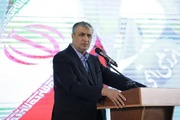
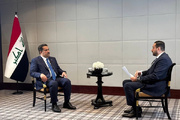
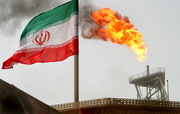
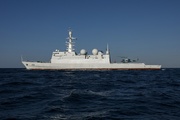
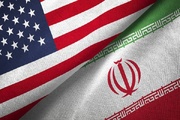
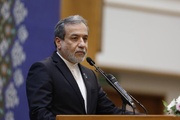
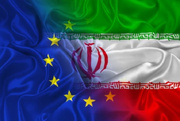
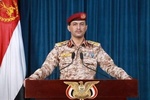
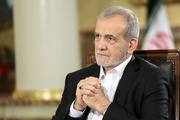
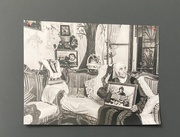
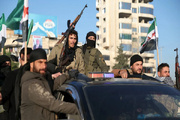


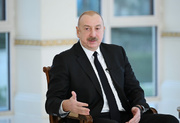


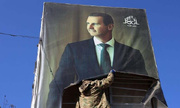
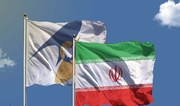
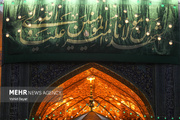
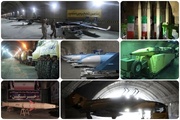
Your Comment